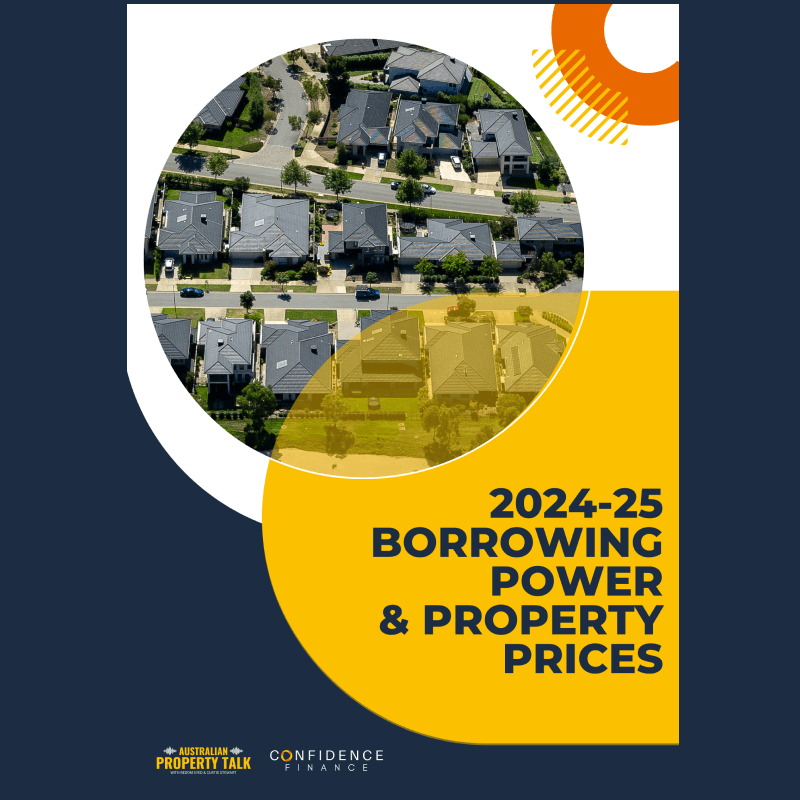Home Loans Made Easy
We educate you about home loans, deliver market leading customer service & make your home buying journey simpler
Speed: Get Approved Fast
Quality: Work with Award Winning Brokers
100% Digital: Your Data Protected
Get approved with Confidence – we make the loan process easy, fast & safe for you in 4 simple steps.
We’ll advise you inside 90 seconds if we’re the right fit for you.
Book a chat, we’ll deliver quality credit advice & give you the clarity you need.
Once a plan is approved, our best in class tech, people & processes will get your loan submitted
With a 98%+ approval rating, we deliver what we say we can. Quickly.
Get approved with Confidence – we make the loan process easy, fast & safe in 4 simple steps.
Confidence Finance has award winning customer service that gets you home loan clarity & helps you grow wealth through property.
We invest in market leading technology, exceptional people & great processes. Combined, this means faster loan approvals & a 'stress free' process for you.
We have an incredible 98% approval rate for all our loans submitted. Most of our applications are approved within a few days. Our attention to detail is how we get you results.
Confidence Finance is 10 years old. In that time, we've served thousands of customers across Australia. This experience means we've seen it all & done it all. Our experience is your edge.
We have a team of dedicated loan specialists who are talking to banks renegotiating our customers loans everyday. We do it all behind the scenes, without you asking. This investment keeps our clients on better interest rates over the loan term.
Our Mission is Financial Education

Australian Property Talk
At Australian Property Talk, two ex-Treasury Economists have a chat about all things Aussie Real Estate.

Borrowing Power Insights
Our FREE e-book will go through how borrowing power could change in 2024-2025 from tax cuts, rate cuts & lending changes

Australian Property Talk with Redom
I'm Redom, an ex Treasury Economist and Founder of Confidence Finance, recognized as a top 100 mortgage broker.
Don’t believe us, yet?
Check out some of our reviews
A great customer experience is what we’re obsessed by, giving you a faster ‘time to yes’,
safer data protection, and quality credit advice backed by industry leading professionals.
If you’re looking for partners in your financial growth, a secure digital home loan experience & experienced credit advice, get in touch today for a FREE consultation.
We Have Been One of Australia's Best Brokers For 6 Years in A Row
.png?width=1745&height=323&name=Awards%20(1).png)
